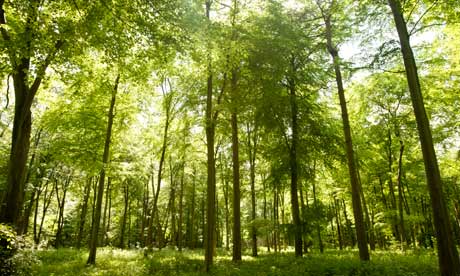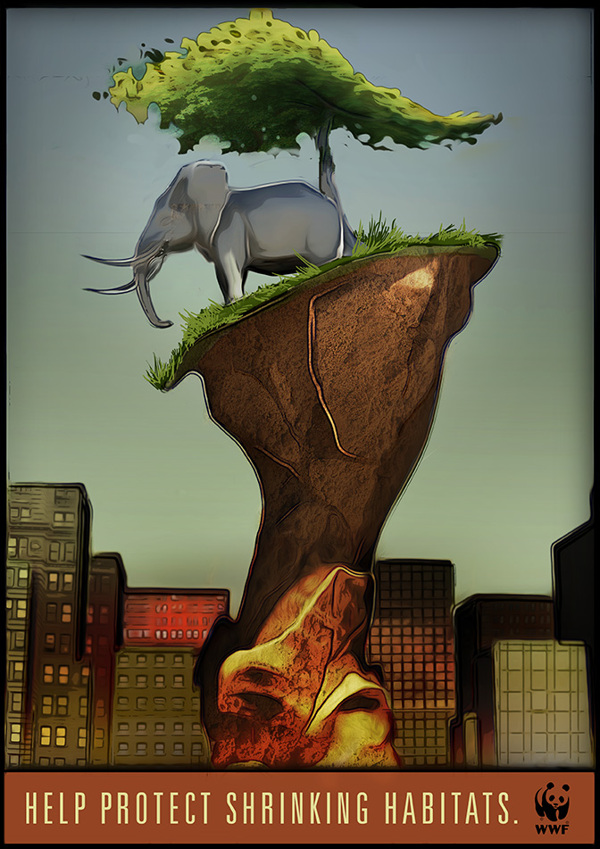Sometimes technological advances come about to answer the wrong question. But what happens when you ask the right question but technology is the wrong tool? You get Muufri. If you don’t feel comfortable drinking milk from a cow but do feel comfortable drinking milk that a few guys made in the lab on summer vacation, then Muufri is for you. …
Flower-enriched farms boost bee populations
Flower strips sown into farmers’ fields not only attract bees but increase their numbers, new University of Sussex research has shown. A two-year study of farms in West Sussex and Hampshire in the UK found that England’s most common bumblebee species saw significant population growth where targeted, bee-friendly planting schemes were in place. A number of ‘agri-environment’ schemes have been …
The California drought: Water-rationing plan leaves corporate interests untouched
The unprecedented drought gripping California has deepened for the fourth consecutive year, having already set new records for the lowest annual precipitation levels on record. 2014 brought the highest calendar-year temperature for the state, while this February was the hottest on record and this January the driest. A recent study conducted by Daniel Griffin and Kevin J. Anchukaitis found that …
Ploughing On Regardless
Imagine a wonderful world, a planet on which there was no threat of climate breakdown, no loss of freshwater, no antibiotic resistance, no obesity crisis, no terrorism, no war. Surely, then, we would be out of major danger? Sorry. Even if everything else were miraculously fixed, we’re knackered if we don’t address an issue considered so marginal and irrelevant that …
Study: Only two intact forests left on Earth
A new study suggests the world’s forests are more fragmented than ever before. Analysis by researchers at North Carolina State University showed that if one were to be dropped randomly into one of the world’s many forests, there would be a 70 percent chance of being within a half-mile of the forest edge. And if forests are fragmented, so are …
Connect The Dots – How Fast Tracked Trade Deals Aim to Change Our Food Landscape Forever (And Not in a Good Way) – 03.25.15
Interview with Karen Hansen-Kuhn, Director, International Strategies at the Institute for Agriculture and Trade Policy (IATP) about how trade deals rubber stamped via Fast Track will harm food and agriculture and degrade food choice.
Shrinking habitats have adverse effects on world ecosystems
An extensive study of global habitat fragmentation – the division of habitats into smaller and more isolated patches – points to major trouble for a number of the world’s ecosystems and the plants and animals living in them. The study shows that 70 percent of existing forest lands are within a half-mile of the forest edge, where encroaching urban, suburban …
Certified Naturally Grown: A New Way to Identify Pesticide-Free, Non-GMO Food
Eco-conscious shoppers now have an alternative to organic food that has been certified by the U.S. Department of Agriculture (USDA) as Certified Naturally Grown (CNG). The equally pesticide-free method of farming is being used by a growing number of small farmers who cannot afford the expense of getting an organic certification from the USDA. Naturally grown farming, considered to be the grassroots alternative to certified organic …
Wild Bee Decline A Sign of Europe’s ‘Ecological Disaster’: Study
Nearly one in 10 European wild bee species is facing the threat of extinction, according to the first assessment of the continent’s bee populations, published Thursday. As environmentalists have long noted, bees and other pollinators are essential to the world’s food supply, farming system, and environment. However, both in Europe and the U.S., they have been threatened by industrial agriculture practices, insecticides, and …
93 Percent of the World’s Seeds Have Been Lost in the Last 80 Years
Seeds represent the foundation of life. We depend on them for food, for medicine and for our very survival. In many ways, you can trace the underpinnings of any given culture through the heritage of their crops and seeds. It wasn’t long ago when seeds were mostly the concern of farmers who, as the Worldwatch Institute put it, “were the …









